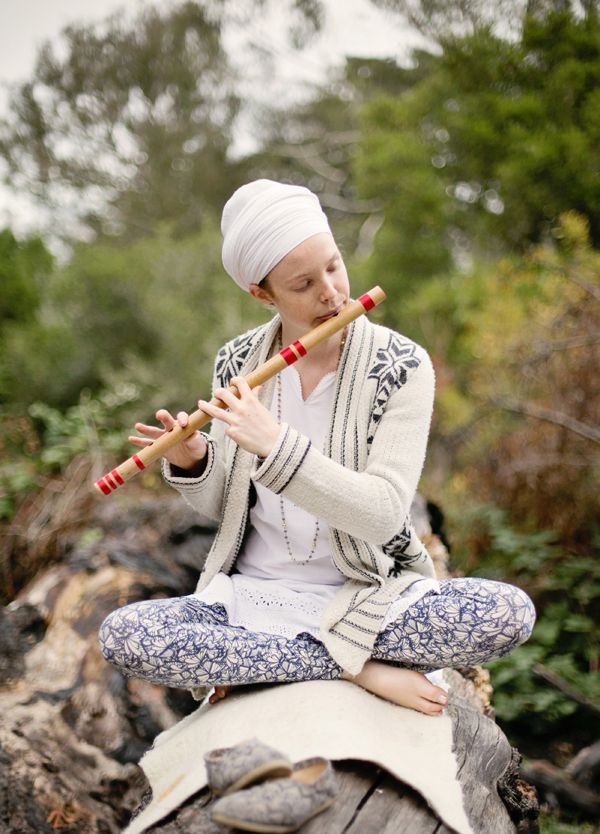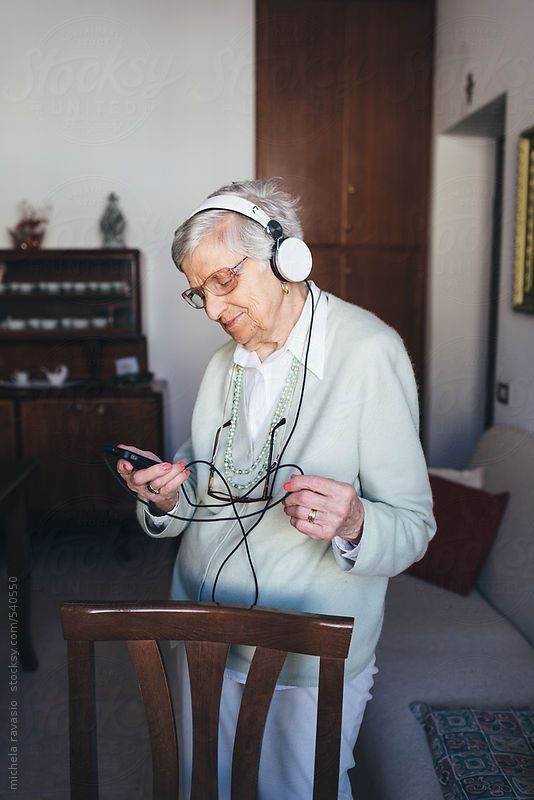Music therapy in New Zealand is gaining widespread attention as a powerful tool for holistic healing. By blending rhythm, melody, and emotion, this natural therapy supports mental, emotional, and physical wellbeing. As a result, more people are seeking it as a gentle yet effective alternative to traditional treatments. Therefore, music therapy is becoming an essential part of New Zealand’s evolving wellness landscape.
🎶 What Is Music Therapy?
In simple terms, music therapy is a research-based and goal-oriented practice. It involves trained therapists using music to help people improve their health. In New Zealand, these sessions are customized based on individual needs. For instance, some clients may sing, play instruments, or simply listen to calming tunes.
What’s more, no musical experience is required. Rather than focusing on skill, the process uses sound as a tool for stress relief, self-expression, and emotional healing. Therefore, it is accessible to everyone.

🌿 Why Holistic Healing Matters in New Zealand
New Zealand has always valued natural, cultural, and spiritual wellbeing. Specifically, the Māori philosophy of hauora supports the idea that true health includes the physical, mental, spiritual, and social dimensions. Unsurprisingly, this belief system pairs well with the core values of music therapy.
Consequently, more therapists now use music to support recovery from:
-
Depression and anxiety
-
Autism and developmental delays
-
Alzheimer’s and age-related cognitive decline
-
Stroke rehabilitation
-
Trauma and emotional distress
Moreover, this approach complements traditional treatments, offering a more compassionate and well-rounded recovery path.
🏥 Where Is Music Therapy Practiced?
Across New Zealand, music therapy is becoming more widely available. Today, you can find therapists working in various places, including:
-
Hospitals and mental health clinics
-
Special education schools and early childhood centres
-
Aged care homes and dementia care units
-
Community wellness centres
-
Private practice clinics
Because the therapy is engaging and non-threatening, many clients respond positively. Additionally, therapists often collaborate with doctors, educators, and caregivers to ensure complete support.

🧒 Real Stories of Healing
In many parts of New Zealand, music therapy has changed lives. For example, a child in Wellington with limited speech began communicating through rhythm. Meanwhile, in Christchurch, a woman living with dementia smiled and sang when she heard a song from her youth. Even trauma survivors in Auckland have shared how music gave them a safe emotional outlet.
Undoubtedly, these examples show how deeply music can connect us to our memories, emotions, and sense of identity.
🎓 How to Become a Music Therapist in New Zealand
For those interested in this rewarding field, New Zealand provides professional training. Victoria University of Wellington offers a highly respected Master of Music Therapy program. Not only does it teach theoretical foundations, but it also includes hands-on clinical placements.
After graduation, students must register with the New Zealand Music Therapy Registration Board (NZMTRB). Through this process, therapists commit to high ethical standards and ongoing development.
